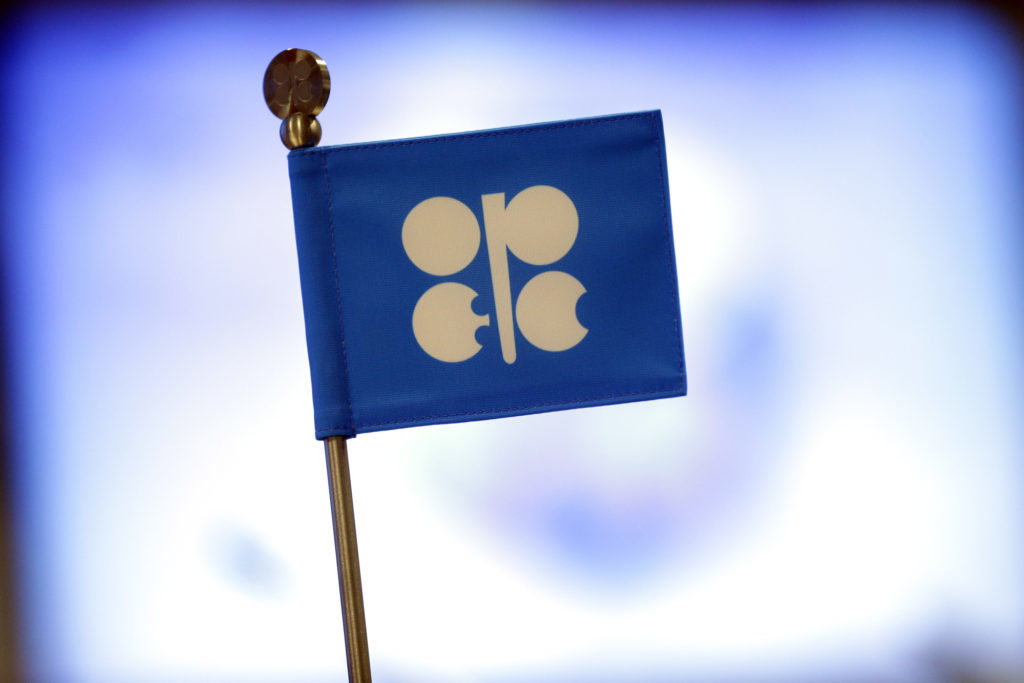
Angola, Africa’s second biggest crude producer, has no plans to leave OPEC+, an official said, following a broader dispute over output quotas that delayed the group’s meeting.
“There’s no thinking in that direction,” Angola’s OPEC governor Estevao Pedro said by phone on Thursday.
The 23-nation OPEC+ coalition has delayed a critical meeting by four days to Nov. 30 that would have finalized production caps for 2024. Delegates say more time is needed after lower targets for some African nations were outlined by more powerful members, raising speculation that Angola could leave the cartel.
The absence of an OPEC+ agreement on production for next year would leave global oil markets in a precarious position, with crude prices down about 16% from a September peak as demand growth slows.
The spat involving African members dredges up a disagreement from June, when Angola, Congo and Nigeria were pushed by Saudi Energy Minister Prince Abdulaziz bin Salman to accept reduced output targets for 2024 that reflected their diminished capabilities. Exporters on the continent have struggled in recent years with under-investment, operational disruptions and aging oil fields.
Angola’s dispute with OPEC may be “difficult to bridge” as the country pushes back against reduced output quota, RBC Capital Markets’ head of commodity strategy Helima Croft said in a note Thursday.
Oil production in Angola has made a slight recovery this year, but has consistently fallen short of its target for next year. At 1.17 million barrels a day in October, it was 110,000 barrels a day under its 2024 quota, according to data from OPEC’s Vienna-based secretariat.
Nigeria has shown recently that it can surpass its new limits. It pumped 1.416 million barrels a day last month, or 36,000 barrels a day above its target for 2024, the data showed.
Recommended for you
